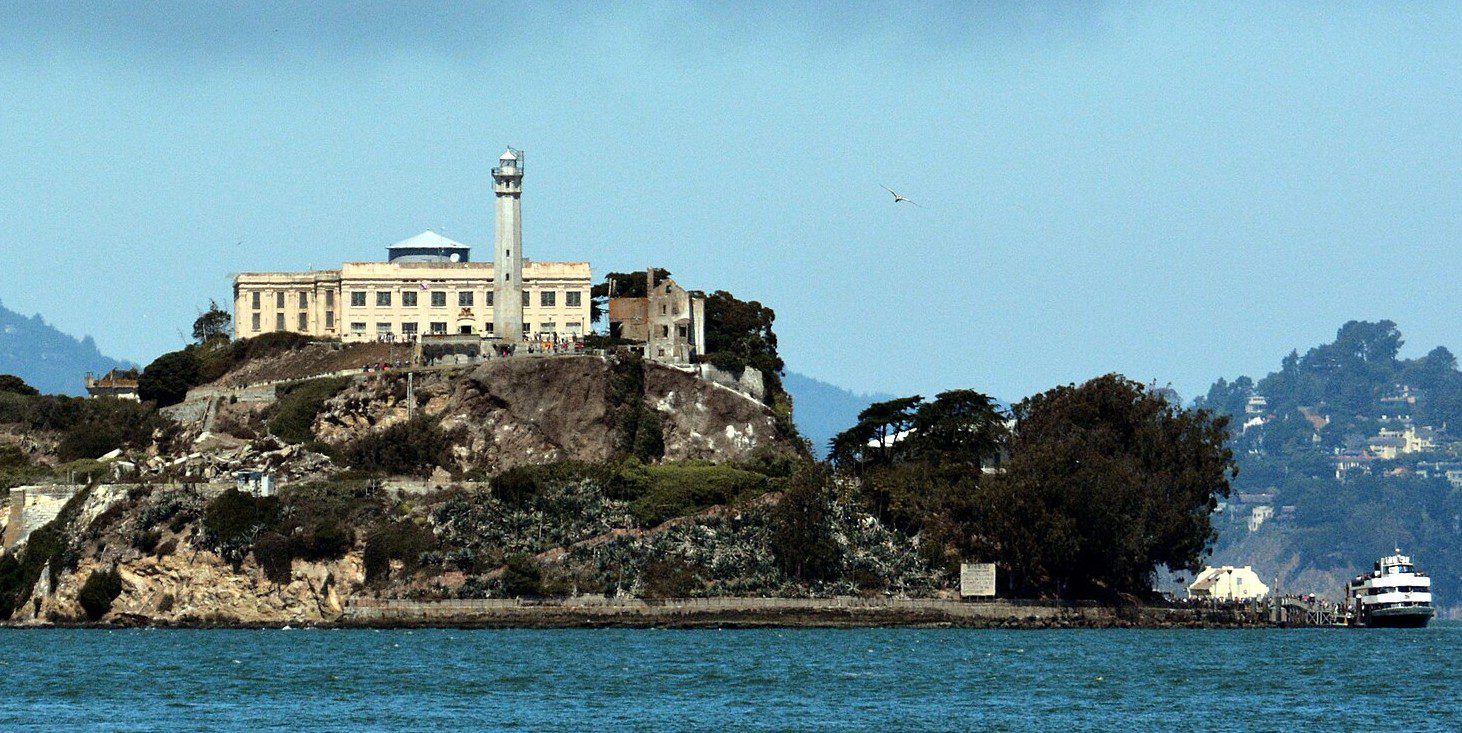US President Donald Trump on Sunday launched a sweeping trio of declarations that rippled across the global economy, criminal justice system, and American political landscape—underscoring the assertive, sometimes theatrical, direction of his second term in office.
The day began with Trump’s announcement that the United States would impose a 100% tariff on all foreign-made films, a move he framed as both economic protectionism and cultural defense. “America’s movie industry is dying a very fast death,” he wrote on his Truth Social platform, blaming foreign governments for luring productions abroad with aggressive incentives. Labelling the trend a “national security threat,” Trump added: “It is, in addition to everything else, messaging and propaganda. WE WANT MOVIES MADE IN AMERICA, AGAIN!”
Commerce Secretary Howard Lutnick confirmed the administration was beginning work on the policy, though the specifics remain unclear. The announcement sparked unease in key film-producing allies such as Australia and New Zealand, whose leaders vowed to defend their domestic screen industries. Industry analysts warned the tariffs could spark global retaliation and complicate U.S. studios’ international operations, many of which routinely shoot overseas to cut costs.
As debate over cultural sovereignty brewed, Trump pivoted from the symbolic defence of American cinema to a literal fortress: the reopening of Alcatraz. The notorious prison island, closed in 1963 and now a tourist site near San Francisco, is to be rebuilt and expanded to house what Trump called “America’s most ruthless and violent offenders.” Declaring that the nation had been “plagued by vicious, violent, and repeat criminal offenders,” Trump directed multiple federal agencies to restore Alcatraz as a maximum-security facility—framing it as a renewed emblem of law and order.
The announcement follows months of controversy over Trump’s increasingly aggressive law enforcement measures, including the transfer of suspected gang members to prisons abroad. Legal experts and human rights groups have condemned such moves as bypassing constitutional protections, a criticism Trump appeared to shrug off in a televised interview hours later.
In that same interview—recorded at his Florida residence and broadcast on NBC’s Meet the Press—the president also addressed growing speculation that he may attempt to remain in office beyond the constitutionally permitted two terms. With “Trump 2028” merchandise circulating among supporters, Trump dismissed the rumours with characteristic ambiguity. “I’ll be an eight-year president. I’ll be a two-term president. I always thought that was very important,” he said, while also noting that “many people” had urged him to stay longer.


